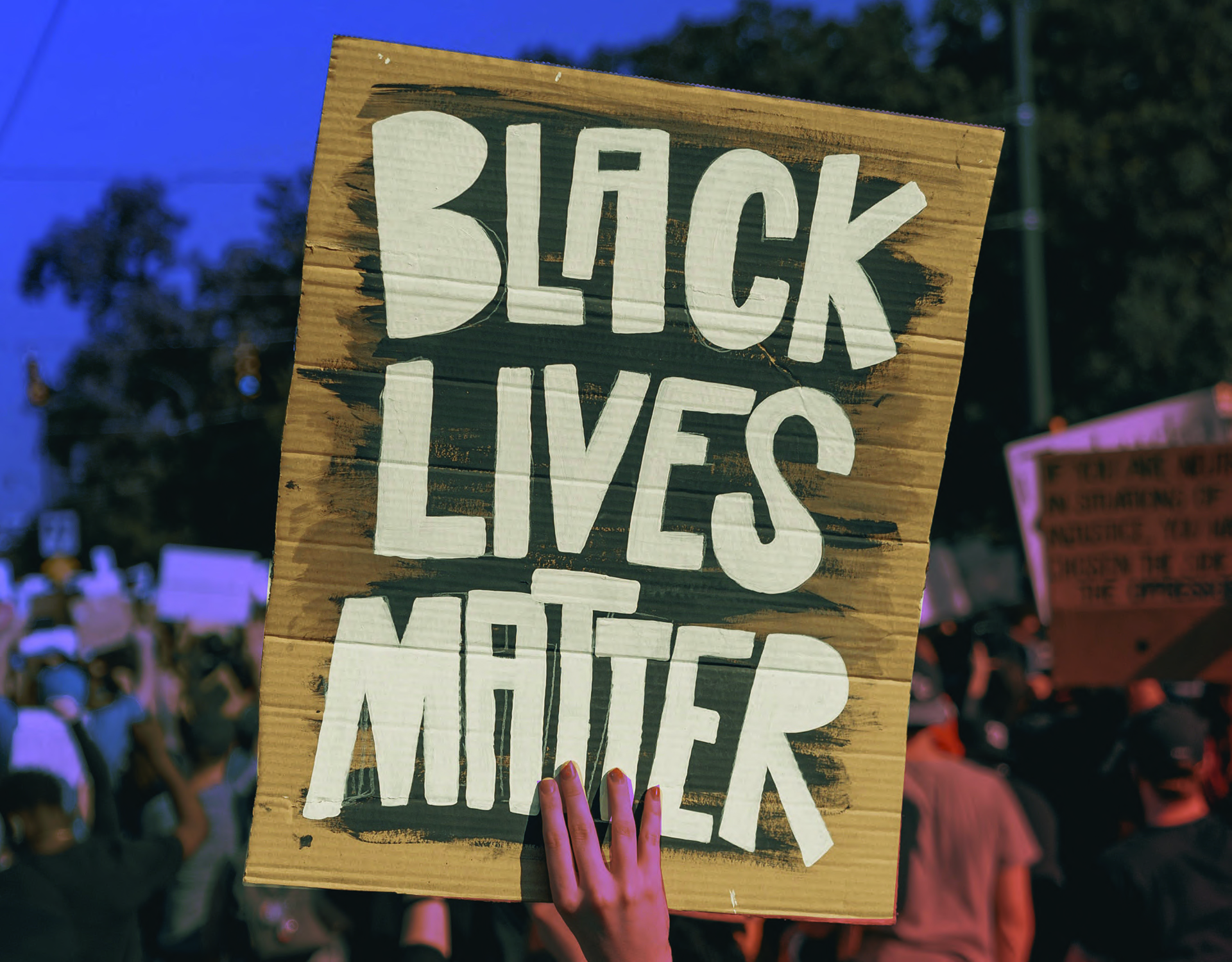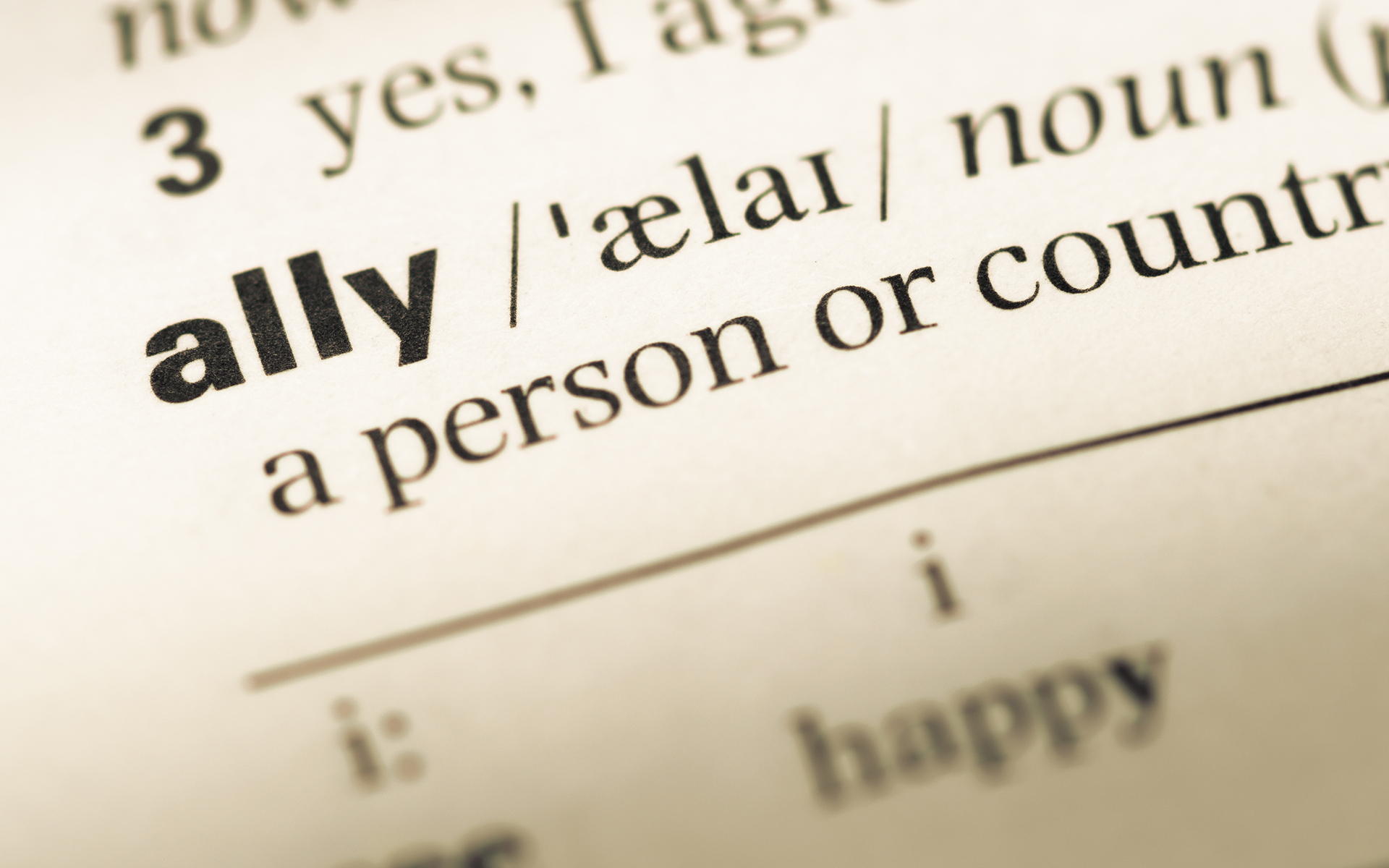Buy Nothing, Have It All?
Consumerism? Next, please. Friends Liesl Clark and Rebecca Rockefeller are shifting that paradigm. In 2013 they founded The Buy Nothing Project—which aims to create “hyper-local gift economies” around the world. The rules are simple: Post anything you’d like to give away, lend, or share; ask for anything you’d like to receive or borrow. As we buy less and give more, fewer items go to landfills, we save money, and all build more connected neighborhoods. Hundreds of groups have sprung up in over 30 countries.
“There are many other ways we can help each other that do not involve the movement of items from one person to another.”
During the pandemic, Rockefeller and Clark write, the community-care ethic underlying the project is more important than ever: “There are many other ways we can help each other that do not involve the movement of items from one person to another,” they write on BNP’s website, but rather “gifts of self” including virtual check-ins, sharing information and empathy. Their book, The Buy Nothing, Get Everything Plan, was published April 2020.
A Seat At the Table
Moved by the racial reckoning in the United States, Kirsten Ivey-Colson and Lynn Turner created The AntiRacist Table. The online platform explores anti-racism as an intentional daily practice and offers education on African American history and the Black experience.
“We feel the urgency of the moment and don’t want it to fade without meaningful change,” the cofounders write. While Ivey-Colson and Turner have full-time jobs as an attorney and a teacher, they’ve devoted their spare time to being a voice for social justice and building a resource for anyone who wants to fight inequity.
Among their offerings are Conversations Around the Table with mindfulness teachers, doctors, and allies, and a curated 30-day anti-racism challenge. Through videos, readings, and meditations with the principles of mindfulness, nonviolent communication, and conflict resolution at the forefront, The AntiRacist Table challenge encourages participants to deepen their awareness of existing oppression and privilege.
Teaching the Teachers
At the Centre for Mindfulness Studies in Toronto, clients have been able to access online training since 2017, but this spring, CMS began offering teacher-training intensives and workshops online too.
Pat Rockman, director of education and clinical services at CMS, says much hinges on the workshop leader’s ability to “embody the practice and convey the content in the online space in a way that models how the work is to be delivered.” This includes staying calm when the technology inevitably goes awry.
“There is no question that people feel bonded in the online space, especially if they are given time to communicate with each other informally, outside the teaching sessions—we learned this over time and had not initially provided this—and if they are assigned or choose learning buddies throughout the training.”
Online is not just the venue for the intensives—it’s also part of the content, which includes basic guidelines for online privacy, and “how to deal with dysregulation or emergencies online and various techniques for delivery.”
And though students are learning at a distance, Rockman says, “There is no question that people feel bonded in the online space, especially if they are given time to communicate with each other informally, outside the teaching sessions—we learned this over time and had not initially provided this—and if they are assigned or choose learning buddies throughout the training.”
Rockman was reluctant to move online, but she acknowledges that it was a matter of survival. More than that, she says, “I have actually been quite delighted with what we have been able to achieve.”
Not a Drop to Waste
When lockdown forced bars to close in late March, breweries in South Australia were left with stale ales and lagers. Instead of letting it go to waste, local breweries supplied their expired beer to power the Glenelg Wastewater Treatment Plant. The plant uses organic industrial waste and sewage sludge to produce biogas as a source of renewable energy for their operations. By adding 150,000 liters of beer to that mixture weekly, the plant produced record amounts of biogas in two months— roughly enough to power 1,200 houses.
Acts of Kindness
An unlikely friendship began when four-year-old Camryn Radcliff of Colorado yelled “Black Lives Matter!” recently to a stranger at Home Depot. When that stranger—Sherri Gonzales— stopped to thank Camryn, she learned of their shared love for the Denver Broncos, and Camryn invited her for a sleepover. Since then, the pair have raised more than $2,000 for clean water and women’s education in Kenya, through Sherri’s organization: Sherri’s Girls Empowerment.
At Drexell & Honeybee’s restaurant in Brewton, Alabama, guests can eat their fill with no expectation of a bill to be paid. Instead, they can leave a contribution, even if it’s just a token of thanks (monetary donations go back into the pot to help feed the hungry). For restaurateurs Lisa and Freddie Thomas-McMillan, “Feed the Need” is their mission statement.
A stray dog who kept showing up at a car dealership in Brazil got a sweet deal recently. Dealership staff adopted the dog, named him Tucson Prime, after one of their vehicles, and put him to work greeting customers. Manager Emerson Mariano told a local media outlet: “The company has always been pet friendly, so now, we decided to embrace this idea in practice too,” noting a local increase in abandoned animals.
read more
Your Guide to Finding the Best Mindfulness Teacher
The next step toward deepening your mindfulness practice may be finding a teacher that can offer you new insights. In our easy-to-use guide, we’ve outlined what to look for in a mindfulness teacher, and how to find the right one for you.
Read More
Goodbye, Things: Find Peace of Mind By Letting Go of Your Stuff
What’s the mental payoff when we pare down our possessions? In his new memoir, writer Fumio Sasaki talks about getting rid of his stuff and adapting a minimalist lifestyle.
Read More
Why Meditation is a Key Part of Anti-Racism Work
Meditation teachers and lifelong friends Iman Gibson and Tori Lund on their album of anti-racism meditations, and how mindfulness can lead to allyship.
Read More








